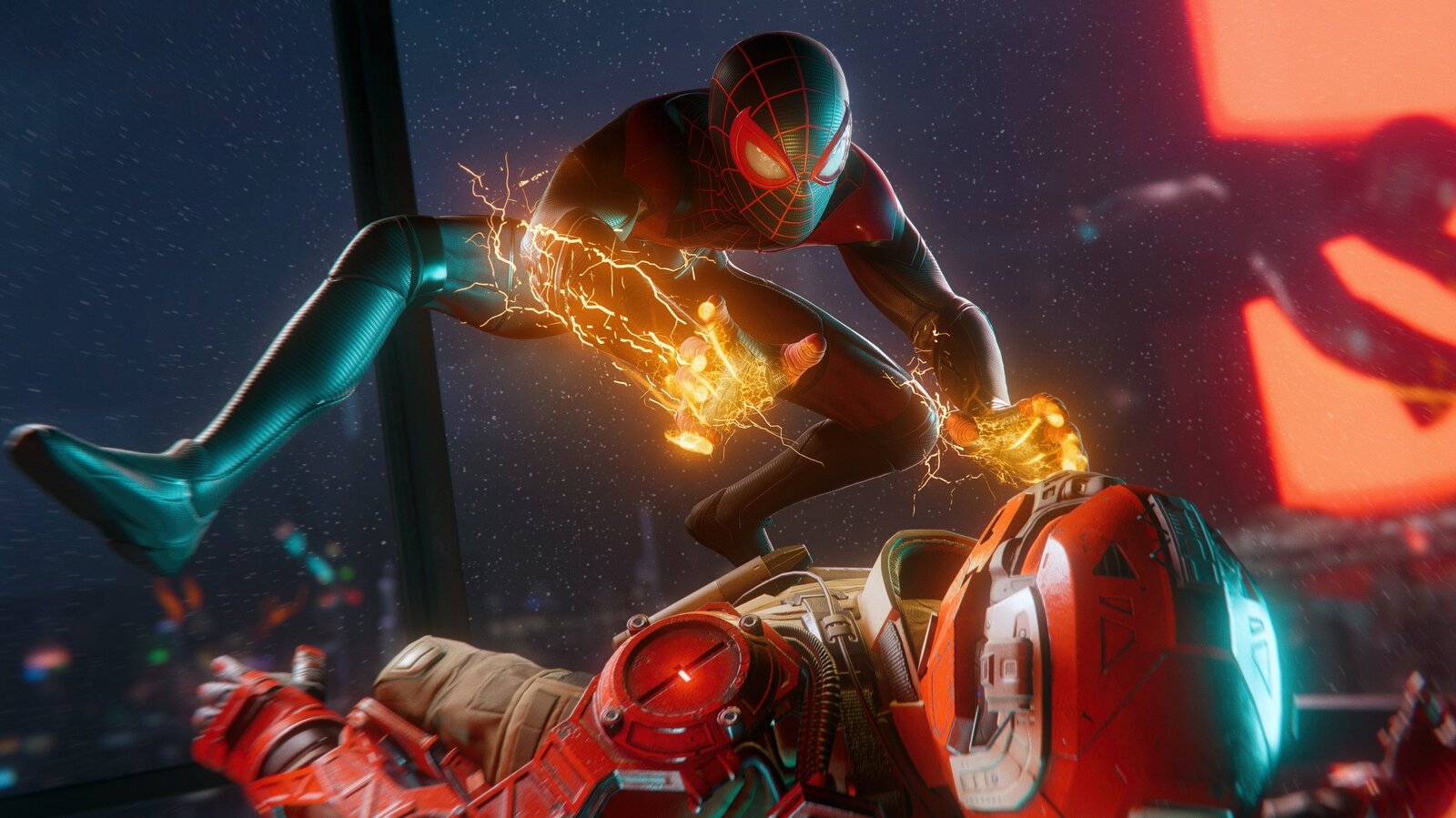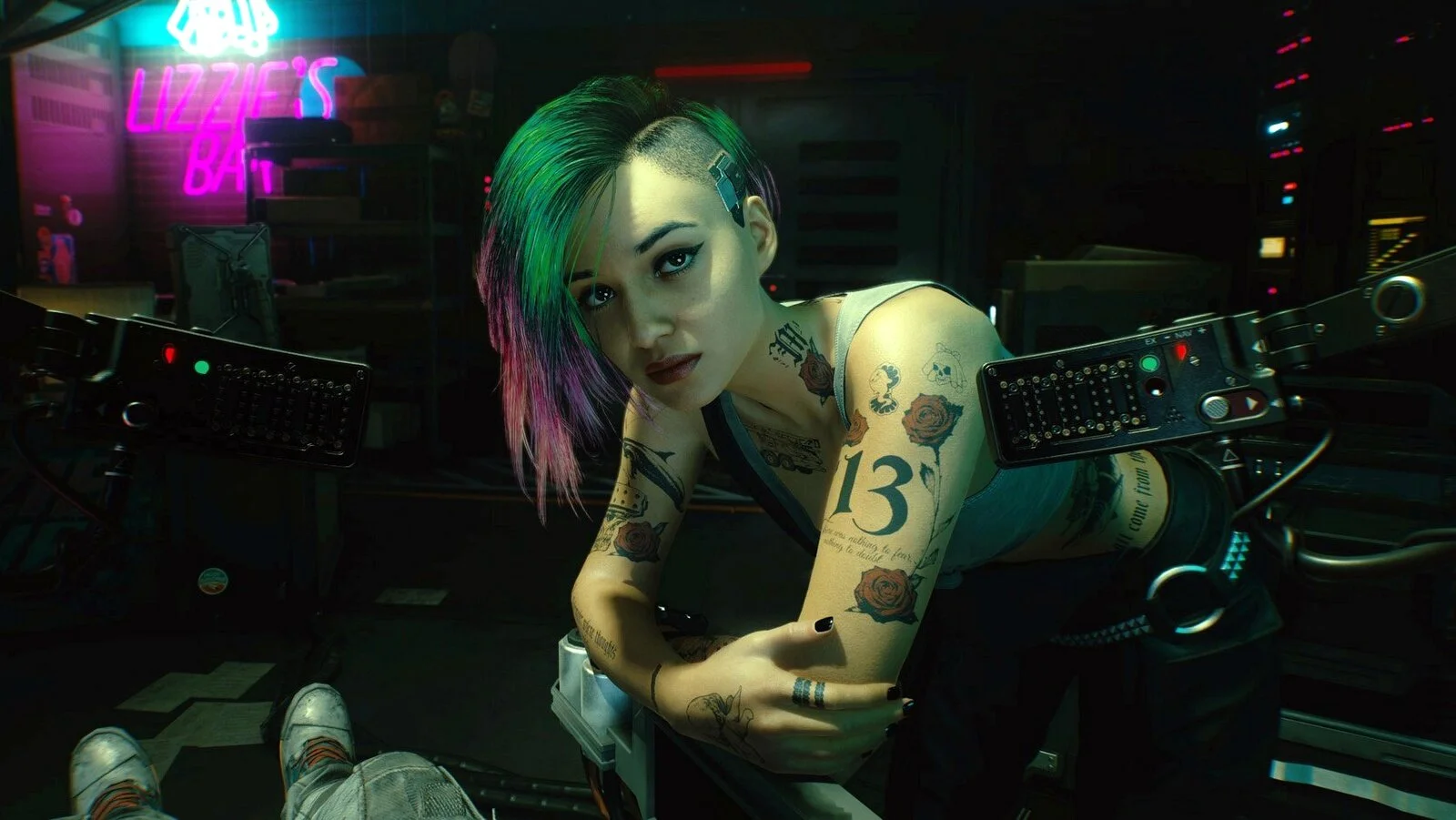Sony Can’t Stay Silent On Its PS5 Cross-Generation Strategy Forever
/The upcoming generation is the most interesting hardware transition the video game industry has seen in recent decades. This has less to do with specific revolutionary features and more to do with two promising platforms with very different ideas about the future of the industry. But if there’s one detail that’s likely to prove contentious, it’s going to be their cross-generation strategy.
Many of the first titles that opened up the previous generation were cross-generation titles: late-era games that got upgraded to next-gen versions. As exciting as brand new exclusives are, we’re going to be seeing titles like these on the PlayStation 5 and the Xbox Series X. An opening salvo like this is necessary when the development timelines of exclusives are so volatile, on top of the commercial incentive.
Microsoft has been explicit about their strategy. First-party exclusives from their Xbox Game Studios will be part of the Smart Delivery program making upgrades to Xbox Series X versions free, and providing incentives for publishers to opt-in or miss out on functions like cross-platform saves. Sony on the other hand has stressed it wants consumers to board on to next-gen exclusive experiences they’re ASAP.
And while Sony clearly has the market advantage that Microsoft does not, it simply cannot afford to remain mum about their plans for cross-generation titles. They need to address the conflict between the untenable proposition of paying twice just to play the same game on new hardware and the limitless hunger for revenue that publishers have that will not abate even as they tee up their next-gen exclusives.
Like Microsoft, Sony is stuck in the middle, and the issue is complicated by the fact that Sony isn’t just a platform holder but one of the biggest publishers on its own devices. Microsoft already has its strategy, and Sony needs to take care that they don’t suddenly find themselves the villain of their own platform. That’s even if we account for publishers that aren’t opting into Smart Delivery.
The highly anticipated Cyberpunk 2077 is opting into Xbox’s Smart Delivery program, making it free for players to upgrade into the next generation.
Even then it’s a little hard to see how that would play out. EA’s “Dual Entitlement” program gives consumers a small pre-order window to get the next-gen version of a game like FIFA21 for free. 2K on the other hand offers a more expensive NBA 2K21 that effectively provides a discount to consumers moving into the next generation. It’s tough to see these strategies working out for every title, but EA and 2K are at least applying some logic to their sports games.
Meanwhile, as publisher AND platform holder, Sony’s position remains unclear. They’re not obligated to have any kind of Smart Delivery equivalent in place, but we can only interpret their silence on cross-generation titles as a statement that it’s up to other publishers to figure this out for themselves, that they can make their own rules. Which is strange, since the tech behind Smart Delivery suggest a similar system is possible on PlayStation 5 too.
The missing piece here is what we should expect from Sony regarding first-party titles. It’s hard to believe that The Last of Us: Part 2 and Ghost of Tsushima haven’t been developed with a generation forward release in mind. Whatever Sony’s decision is on those titles, it’ll have to consider Microsoft’s free cross-gen upgrades as a factor when it comes to consumer perception.
The digital-only version of the PS5 complicates things further for upgrades from physical versions of titles. EA’s "Dual Entitlement" scheme won’t be available to digital PS5 owners, relying as it does on a PS4 disc. If you've got a bunch of physical PS4 games then you’ll need a disc-based PS5 to play your back catalogue. That problem should be an incentive for Sony to create some kind of policy that prevents users from being left out in the digital cold.
The most likely scenario is we will see is for Sony make moves to the middle, since it’s unlikely that any publisher offering free upgrades on Xbox Series X would be able to get away with charging for a PlayStation equivalent upgrade. It’s tough for any company to follow suit with a competitor that moves the bar when it comes to revenue that could be made and revenue that could be lost, and that’s where Sony is right now.













While PC players enjoyed a relatively smooth launch with minimal lag and queue times, console players faced significant challenges. Issues surrounding licensing errors left many unable to access the game, causing frustration in the community. Despite these hurdles, Diablo IV showcased its premium gameplay and captivating storytelling to those that got access to the game’s early access.